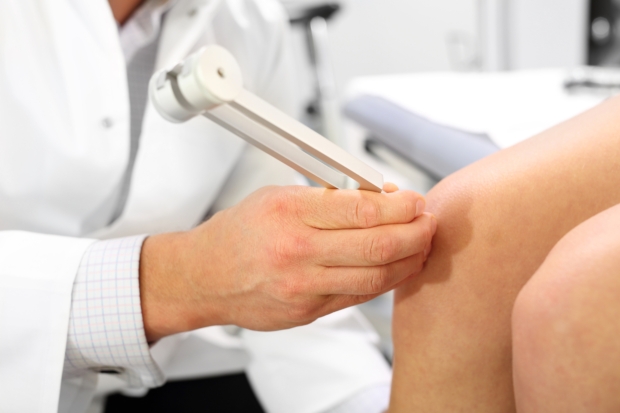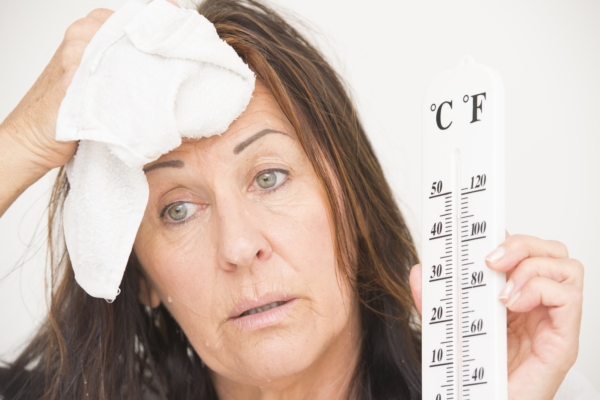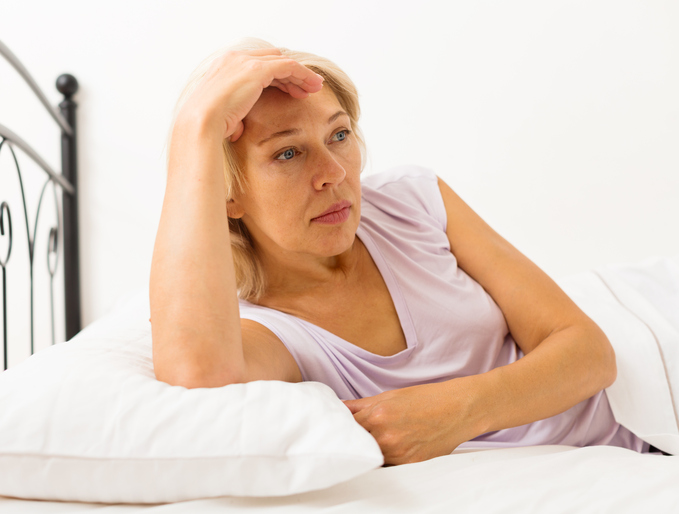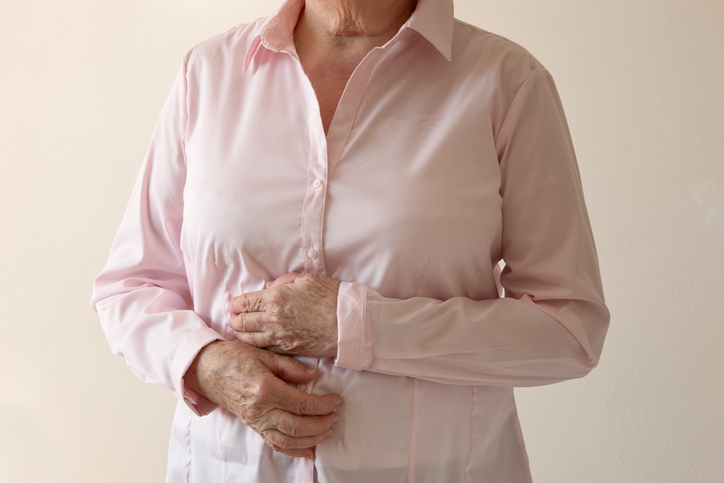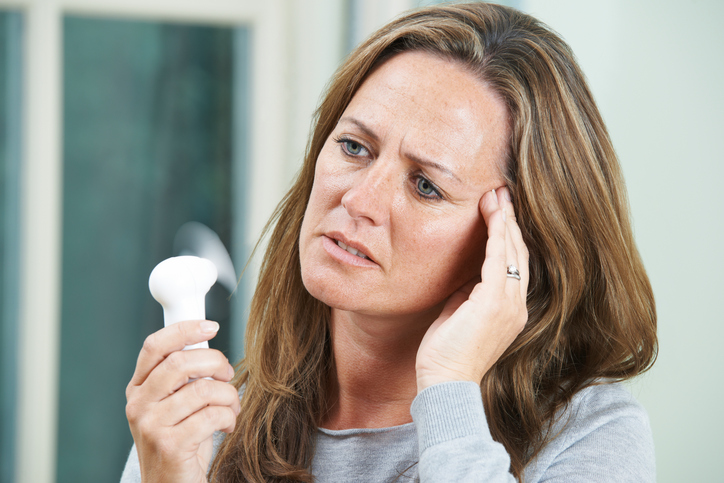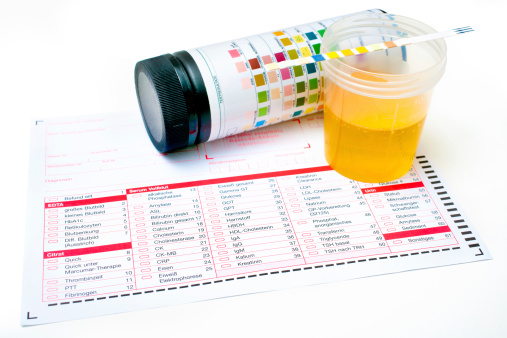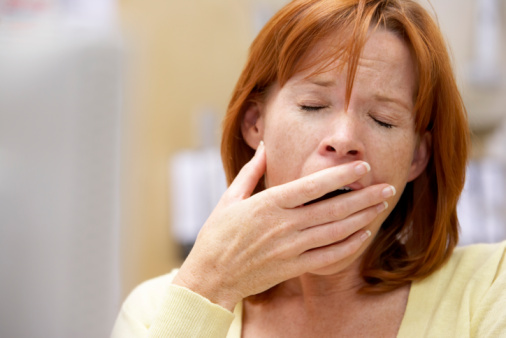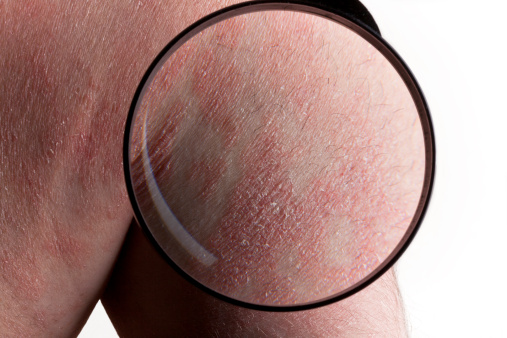Osteoporosis risk in women linked to subjective well-being, a factor for higher bone density
Osteoporosis risk in women is linked to subjective well-being, a factor for higher bone density. Osteoporosis is a bone disease that leads to the loss of bone mineral density, which makes the bones weak and increases the risk of fractures. This condition is often seen among older adults, especially in women. The researchers found that ...click here to read more

